18, July 2023
Bamenda Killings: Military, Amba fighters trade accusations 0
Cameroon’s military says it has arrested scores of rebels suspected in the shooting deaths of 10 civilians Sunday in the northwest town of Bamenda. The military says separatists disguised themselves as government troops to try to frame them for the killings, which a rebel spokesperson denies.
Bamenda city mayor Achombong Paul, who visited Bamenda Regional Hospital on Tuesday morning, said residents of the city are living in fear after Sunday’s brutal killings.
“Every human life has value. Every human being has a right to live and nobody for whatever reason has a right to take away the life of an individual,” he said. “We cannot live in a town where there is chaos, fear and all the kinds of atrocities going on at the same time. We will never move forward with this attitude. No, we won’t. People can’t go to work, nothing works in this town because people are scared to be killed.”
Hospital director Nsame Denis said at least 600 people have visited the hospital since Sunday’s killings to find out if their family or friends are among the victims.
“We received in total 12 victims of firearm injuries. Out of this 12, one is in the intensive care, one took treatment and went home, and at the level of the mortuary, we have 10 corpses amongst whom three are female and seven are males ranging from 24 to 56 years,” Nsame said.
Cameroon’s military, in a July 17 statement, said about 12 heavily armed fighters dressed in military gear similar to that of the central African state’s military shot indiscriminately at civilians at Nacho Junction in Bamenda.
The military said scores of suspects have been arrested in a crackdown operation less than 48 hours after the killings.
Deben Tchoffo, governor of the Northwest region, said fighters want to create panic among civilians who collaborate with the military by reporting suspected separatists.
“I would like, on behalf of the head of state, to assure the population that measures are being taken by the security services to locate the authors of that barbaric act and sanction them. I would like to strongly condemn those attacks by a terrorist group,” he said.
Separatists on social media, including Facebook and WhatsApp, denied responsibility for the killings. They said government troops were responsible, asserting that the military wants to give separatists a bad image to the international community.
The Center for Human Rights and Democracy in Central Africa reports that Sunday’s killing comes two days after Cameroon’s military was said to have raided Awing Quarter, another neighborhood in Bamenda, and killed at least five people.
Northwest Region Governor Tchoffo acknowledges that civilians were killed in Awing Quarter but blames fighters for the killings.
The Cameroon government said people wounded in both attacks are being treated free of charge in hospitals in Bamenda.
Rights groups, including Human Rights Watch and the Center for Human Rights and Democracy, accuse both the military and rebels of abuses, including rape, torture and killings.
Cameroon’s Northwest and Southwest regions have seen years of deadly battles between government troops and separatists fighting to carve out an English-speaking state from French-speaking majority Cameroon.
The conflict has killed more than 6,000 people and displaced more than 760,000 others, according to the International Crisis Group.
Source: VOA
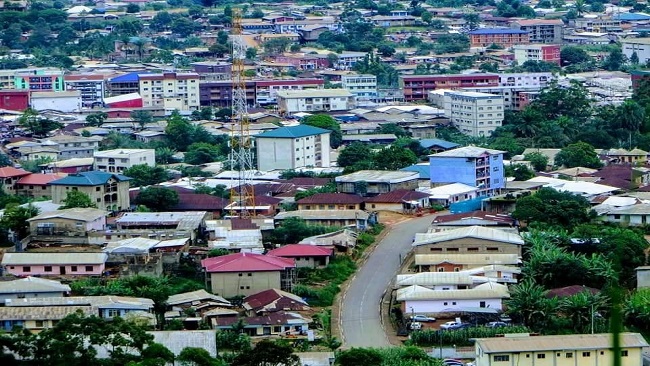

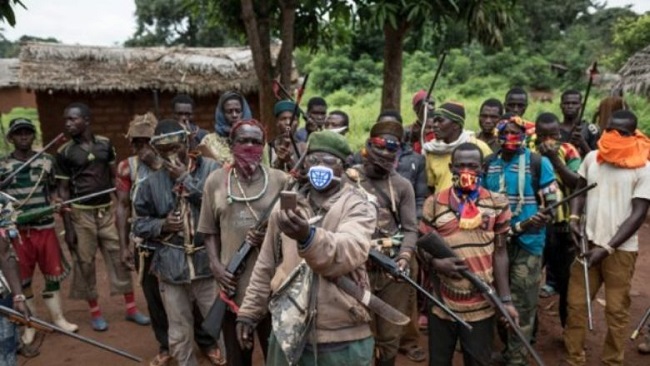
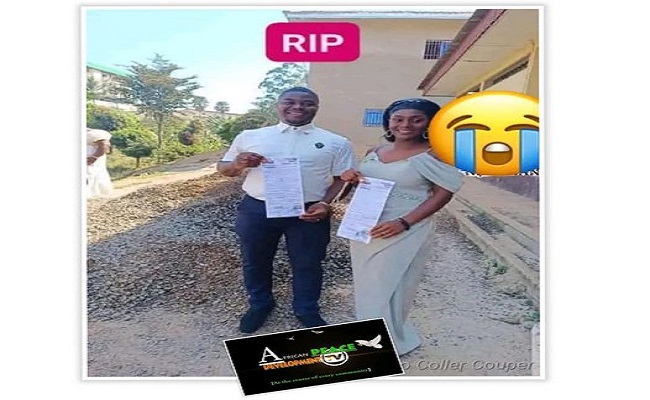
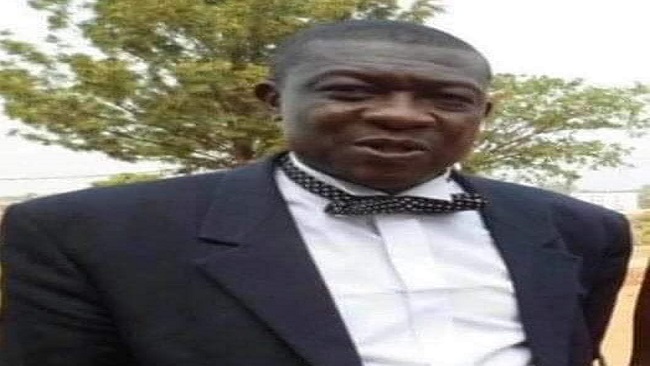

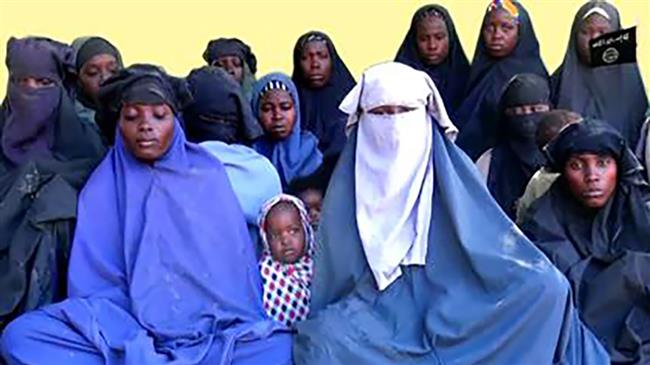


















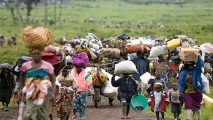
18, July 2023
Bamenda Killings: Archbishop Andrew Nkea expresses ‘pain and sadness’ 0
Archbishop Andrew Fuanya Nkea of Bamenda Archdiocese in Cameroon has described the Sunday, July 16 murder of civilians in his Metropolitan See as a “very painful moment”.
On July 16, unidentified gunmen reportedly killed 10 people and injured another two at Nacho junction in the city of Bamenda in Cameroon’s troubled Northwestern region, Reuters reported.
The assailants arrived in two unmarked vehicles and immediately ordered people to lie down with accusations of failing to back local separatists, and opened fire as some obeyed while others ran.
Speaking to journalists Monday, July 17 after a visit to the scene of the incident, Archbishop Nkea decried the loss of life in the Cameroonian Archdiocese and called for the respect of human life.
“Within this past week, we lost six children in this neighborhood and now again we have lost 10 people within this same neighborhood,” the Cameroonian Catholic Archbishop said.
He added, “That is why I came out of my house to come here to this place where it happened a couple of hours ago so that we pay our last respect to the people who died here.”
“It is a very painful moment for all of us and when the moment is hard and hot like this, we come out to bring consolation to the people, we come out to pray for the dead and to show that good will always triumph over evil,” Archbishop Nkea said.
The Archbishop of Bamenda who doubles as the President of the National Episcopal Conference of Cameroon (NECC) further said, “Evil can never defeat good no matter how long it takes.”
The Catholic Archbishop who previously served as Apostolic Administrator of Mamfe Diocese in Cameroon’s Southwestern region continued, “Human life is sacred and we call on everyone, whoever they are, to respect human life.”
“Life is given to us by God; let us leave God alone to be able to take it back. That is why I came to encourage the people of this neighborhood and extend to them my solidarity. We are together with them in prayers and in spirit,” he said.
A manhunt has been launched for the “terrorists” behind the massacre, North West region governor, Adolphe Lele Lafrique, has been quoted as saying in the Reuters report.
“Investigations are on, and we will issue a statement on this later today,” the Cameroonian Governor added.
Cameroon’s English-speaking regions plunged into conflict in 2016 after a protest by lawyers and teachers turned violent. An armed movement of separatists claiming independence for the so-called republic of Ambazonia emerged following the government’s crackdown on protesters.
School boycotts have become common in these areas, as have enforced moratoriums on public life known as “ghost towns”.
In his July 17 address to journalists, Archbishop Nkea reiterated the need for peace, saying, “I have always said that love is better than hatred. I have always said that life is better than death. I have always said that living and loving one another is better than killing one another.”
“It is not right to take the lives of other people. It could have been any of us and there are people who were sitting here who were taken by bullets,” the 57-year-old Catholic Archbishop who started his Episcopal Ministry in August 2013 as the Coadjutor Bishop of Mamfe Diocese said.
He added, “I think it is high time that all this should stop. We want this violence to stop. Let people be able to go on with their normal lives again.”
“We condemn hate speech. We want our people to be able to live their normal lives. And that is why we say it is enough. Let this come to an end. We should stop killing one another,” the Cameroonian Archbishop emphasized.
Source: aciafrica